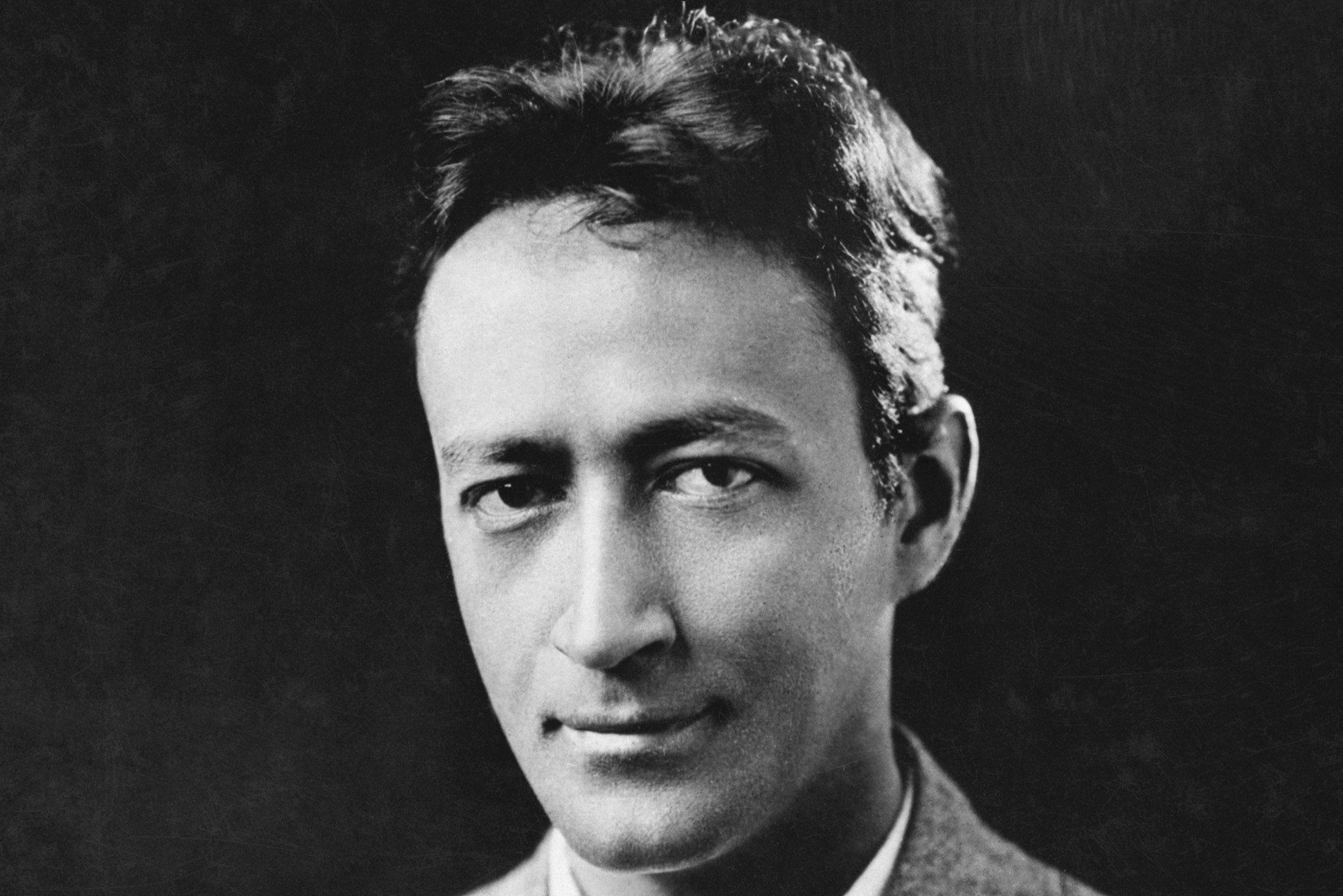(ThyBlackMan.com) Jean Toomer (1894-1967) was an influential African-American poet, novelist, and playwright whose work has had a lasting impact on American literature. He is best known for his seminal work “Cane,” a collection of poems and short stories that explore race, identity, and the rural South. This article will delve into Toomer’s life, his influences, and the legacy he left behind as a writer who transcended race and helped shape the course of American literature.
Early Life and Education
Born Nathan Eugene Pinchback Toomer on December 26, 1894, in Washington, D.C., Jean Toomer grew up in a racially mixed family, with a father of African-American, European, and Native American descent, and a mother of mixed African-American and European heritage. His upbringing in a racially diverse family exposed Toomer to the complex issues of race and identity that would later become central themes in his writing.
Toomer’s father abandoned the family shortly after his birth, leaving his mother, Nina Pinchback Toomer, to raise him and his siblings. In 1906, Nina remarried and the family moved to New Rochelle, New York. Toomer attended various schools in New Rochelle, Washington, D.C., and Wisconsin, ultimately enrolling at the University of Wisconsin-Madison in 1914.

Influences and Early Writing
While in college, Toomer became interested in literature, particularly the works of French Symbolist poets and the Harlem Renaissance, a cultural movement of the 1920s that celebrated African-American artistic expression. Toomer’s exposure to this rich literary tradition and his own family’s mixed heritage would become significant influences on his writing.
Toomer began writing poetry and short stories in the late 1910s, publishing some of his early works in small literary magazines. In 1921, he moved to New York City, where he became immersed in the Harlem Renaissance and the vibrant African-American literary community of the time. It was during this period that he began using the name Jean Toomer, a nod to his French literary influences.
“Cane” and the Harlem Renaissance
Jean Toomer’s most famous work, “Cane,” was published in 1923 and immediately hailed as a groundbreaking piece of literature. Combining poetry, short stories, and sketches, “Cane” explores the lives of African-Americans in the rural South, their struggle with identity, and the impact of racism on their lives. The work is notable for its rich, evocative language and its innovative structure, which blends various literary forms to create a unique narrative.
“Cane” is often cited as one of the first major works of the Harlem Renaissance, and its publication brought Jean Toomer widespread acclaim. However, the book’s success was also a source of controversy. Toomer’s mixed-race background and his refusal to be classified as a “Negro writer” led to debates about his place in the African-American literary tradition. Some critics argued that his work was not truly representative of the black experience, while others praised its universal themes and innovative style.
Later Life and Spiritual Quest
Despite the critical acclaim he received for “Cane,” Toomer’s later works were not as well received, and he eventually turned away from writing. In the 1930s, he became interested in the teachings of George Ivanovich Gurdjieff, a Russian mystic and philosopher who advocated for personal transformation through self-awareness and spiritual growth. Toomer eventually became a follower of Gurdjieff’s teachings and spent much of the rest of his life as a spiritual teacher and leader of a Gurdjieff study group.
In his later years, Toomer continued to grapple with issues of race and identity, both in his personal life and in his writing. He married twice, first to a white woman, Margery Latimer, and later to a black woman, Marjorie Content. These relationships further complicated his own racial identity and public perception of him as a writer.
Jean Toomer’s later writings, which include essays, plays, and an unfinished novel, reflect his evolving spiritual beliefs and continued interest in race and identity. Although these works were not as commercially successful as “Cane,” they provide valuable insight into his intellectual and spiritual journey.
Legacy and Influence
Jean Toomer’s impact on American literature cannot be overstated. As a writer who bridged the racial divide in his own life and work, he paved the way for future generations of African-American writers to explore themes of race, identity, and the black experience in their own unique voices. His innovative use of form and language in “Cane” has influenced countless writers and remains a seminal text in American literary history.
Toomer’s exploration of race and identity in his writing is particularly relevant today, as conversations about race and representation continue to evolve. His work reminds us of the importance of acknowledging and understanding the complexities of racial identity and the need for open dialogue about these issues.
In recent years, there has been a renewed interest in Toomer’s work, with scholars and critics revisiting his writings and reassessing his place in the literary canon. His contributions to American literature, both as a writer and as a figure who embodied the complexities of racial identity in the early 20th century, have solidified his status as a literary pioneer.
Conclusion
Jean Toomer’s life and work continue to fascinate and inspire readers and writers alike. His groundbreaking contributions to American literature, his exploration of race and identity, and his spiritual quest make him a figure of enduring relevance in our increasingly diverse and interconnected world. As we continue to grapple with issues of race, identity, and representation, Toomer’s work serves as a powerful reminder of the importance of engaging with these complex topics and the transformative power of literature.
Staff Writer; Jamar Jackson
This brother has a passion for poetry and music. One may contact him at; JJackson@ThyBlackMan.com.

















Leave a Reply